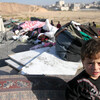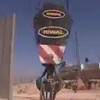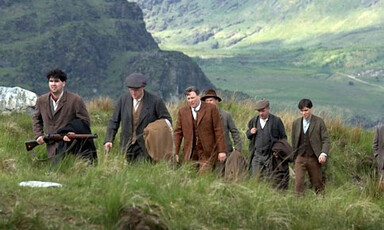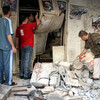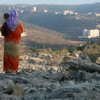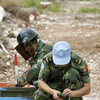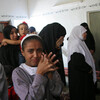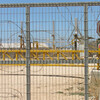
Intervention to Member States of the United Nations on the Sixth Anniversary of the Second Intifada
29 September 2006
On 29 September 2006, the sixth anniversary of the second intifada against the Israeli occupation, the international community appears to have forgotten the continuing Israeli disregard for international human rights and humanitarian law in the Gaza Strip and the West Bank, including East Jerusalem, together constituting the Occupied Palestinian Territories (OPT). The Palestinian people looks to the UN General Assembly, the body that in 2004 requested the International Court of Justice for an advisory opinion on the construction of the Wall in the OPT, as a source of hope at a moment of extreme distress and disillusion. Read more about Intervention to Member States of the United Nations on the Sixth Anniversary of the Second Intifada
